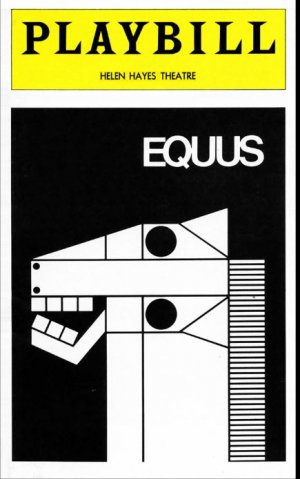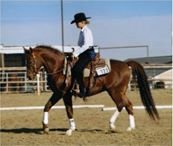senior chef
Senior Member
I love movies, often I watch westerns. Many of them have chase scenes with men riding horses for extremely long times. I wonder about that.
Does anyone happen to know how far and how long can a horse run with a man on it's back ?
Does anyone happen to know how far and how long can a horse run with a man on it's back ?



